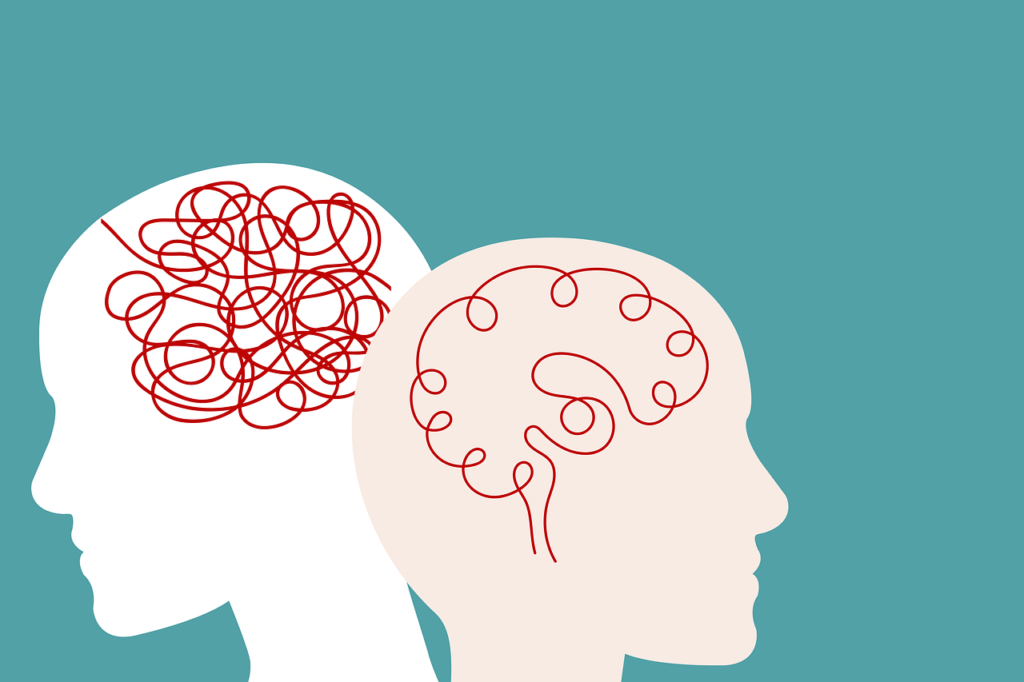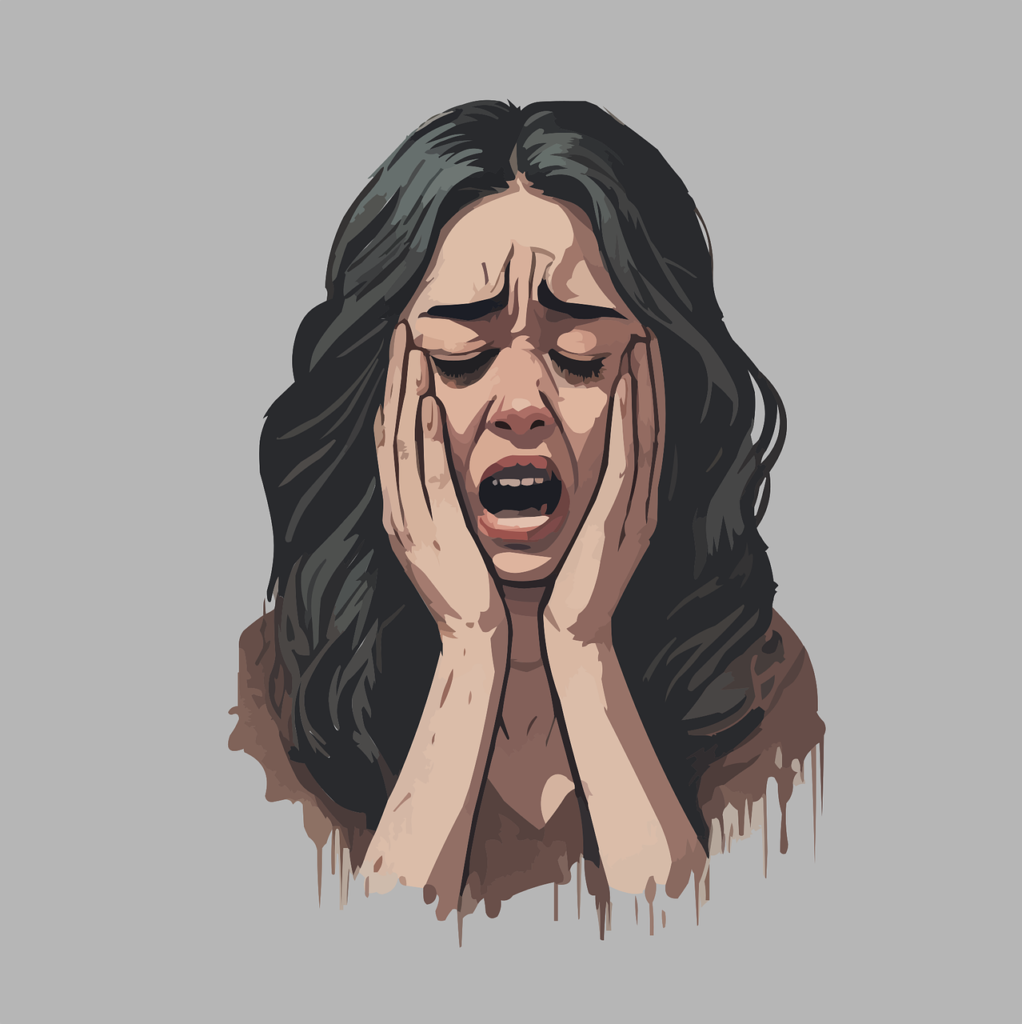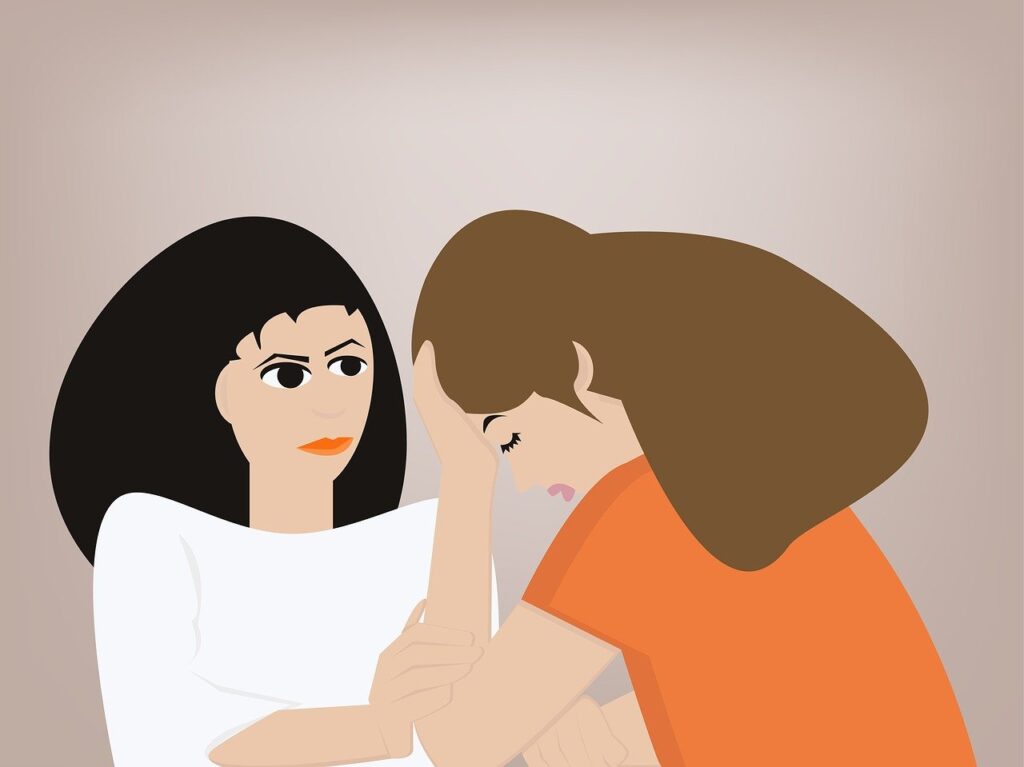What is ODD?
When a child behaves in a disrespectful manner towards someone they are supposed to respect and obey, as a long lasting pattern, it can be concluded that they may be suffering from ODD. This rude behaviour is reserved for everyone around them who may tell them what to do such as their guardians or educators. When this behaviour is noticed for six months or more, testing for ODD becomes imperative.

What is the Pathophysiology of ODD?
There is not a single route to understand the initiation of ODD within a child. Rather, it is a combination of many factors such as the heredity of the child, their social and cultural environment and neurobiological angles. It has also been observed the differences in the way that the brain synapses travel and the overall structure of the brain may unfortunately further certain symptoms of ODD.
What are the Types of ODD?
ODD can be present in an individual from their teenage years and remain even when they are an adult if the individual suffers from the adolescent-onset type of ODD. Yet, if a child suffers from the childhood-limited type of ODD then their ODD can be treated and prevented from developing during their childhood itself.
What are the Causes of ODD?
1. Genetic causes
2. Sociological and cultural environment could be hindering
3. Neurobiological causes
What are the Risk Factors of ODD?
The reason for which a child is suffering from ODD can only come with testing, however, there are certain factors which increase the chance of a child facing ODD in their life.
One of the reasons could be the relationship between the family of the child. If there is constant fighting or discontent between the parents of the child then the child may develop ODD.
Along with that, if the parent has always punished the child, even for small errors, then the child may also become very disrespectful and inconsistent towards the parent.
Along with this testing for other disorders should also be done on the child as that may increase the chance of ODD.
It has also been seen through various researches that children who are coming from families that belong to the lower strata of society have a higher chance of developing ODD.
Lastly any sort of traumatic event that has taken place in a child’s life may be another contributing factor to the cause of ODD within a child.
What are the Signs and Symptoms of ODD?
1. Frequent temper tantrums
2. Arguing with adults
3. Deliberate annoyance
4. Blaming others
5. Angry and resentful behaviour
6. Spiteful or vindictive behaviour
The Diagnostic Scale for ODD
The Diagnostic and Statistical Manual of Mental Disorders, Fifth Edition (DSM-5) is a manual which provides the guidelines to the psychologists and psychiatrists to assess various mental health conditions including ODD. In order to make it easy to recognise ODD, a uniform procedure has been put in place.
1. A negative set of mood is observed in the individual for over six months.
2. More than four of the signs and symptoms mentioned earlier.
3. We know that these behavorial patterns are a part of every child’s life but these symptoms should be more persistent that the ones that can be seen generally, in order to be diagnosed as ODD.
4. These symptoms can therefore lead to a number of problems such as building social skills and making friends or studying properly.
Differential Diagnosis for ODD
1. Conduct disorder
2. Attention-Deficit/Hyperactivity Disorder
3. Autism Spectrum Disorder
4. Anxiety and Depression
It is essential to note that these disorders can also be present along with ODD, yet, all of them share common symptoms with ODD and therefore without proper professional guidance, it’s easy for one to be diagnosed as the other.
General Management of ODD
1. Therapy: This could be really critical for children suffering from ODD. Many parents opt to be present with their children through the therapy session and many go for the classic, CBT. This is not a cure for ODD but it gives the parents various tricks that they can employ in order to support their children.
2. Learning for Parents: Not everyone is born with the skills to deal with a psychological wellness problem as so, it can be helpful for the parents to go through a training process of their own in order to adequately and correctly look after their child.
3. Medicine: Many also choose the route of prescription drugs in order to help the condition.
4. Involving the School: With the help of the understanding of the school and guidance from the school counselors and with a little bit of patience, IDD can become easily manageable.
Homeopathic Medicines for ODD
1. Cina: For an ill-humoured child who rejects everything offered, especially in response to worm-related symptoms.
2. Chamomilla: Useful for children who are irritable, impatient, and intolerant, requiring constant petting, often influenced by heat or anger.
3. Nux Vomica: Suitable for very irritable children who are sensitive to various stimuli, particularly after eating and in the morning.
4. Anacardium: Recommended for children who are constantly angry, use abusive language, and tend to humiliate others.

A Reflection
Although ODD seems very difficult to comprehend and complicated, with prompt and quick action, it can be managed. However, it’s crucial that parents treat this as a serious problem right from the start so that the best course of action for the child’s well being can be formulated.
Homeopathy, on the other hand, is a simple and safe option that may be administered in combination with other treatment measures. It is necessary that a homeopathy doctor as well as the child’s mental health professional are consulted before homeopathy is administered.
As every child is special in their own way, so are their management and treatment plans. The same path cannot be taken by all and so homeopathy remains at the forefront, providing customized care to one and all.
Reach out to us for a Consultation
For any queries, reach out to us at contact@homeopathic.ai
This blog is for information purposes. It’s crucial to note that while homeopathy is a centuries-old practice with many adherents worldwide, always consult a qualified homeopath or medical professional before initiating any treatment.





